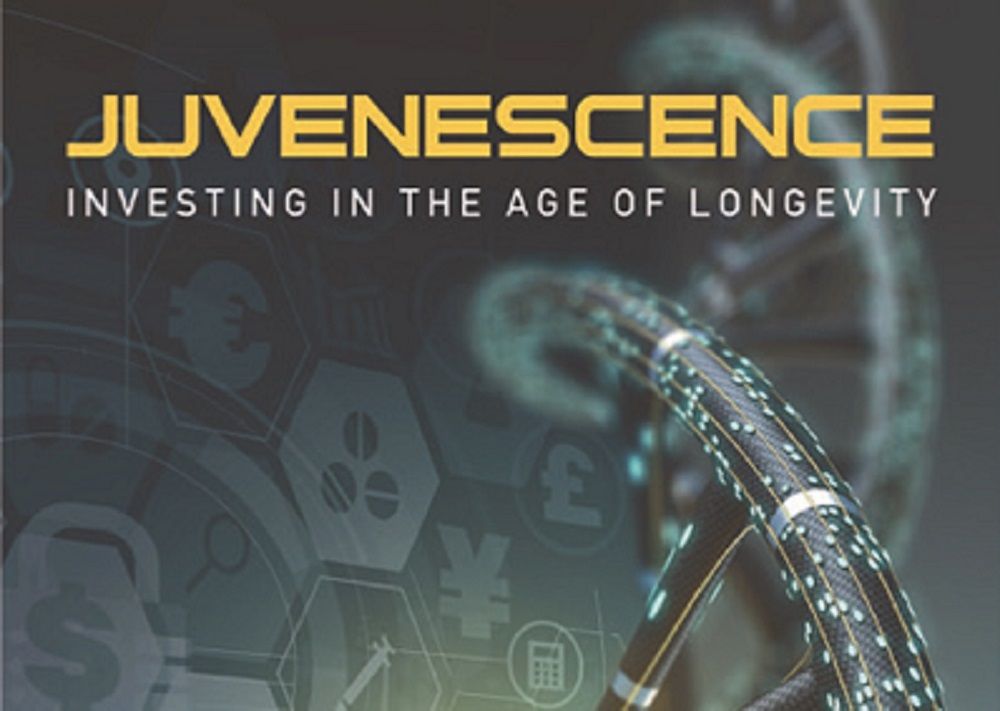Only two years ago, when I launched my advocacy website Rejuvenaction, I didn’t think I would read a book like Juvenescence so soon; yet, the topic of rejuvenation biotechnologies has already become mainstream enough to lead investors of the calibre of Jim Mellon and Al Chalabi to devote a whole book to it.
As Juvenescence is a book aimed at potential new investors in rejuvenation biotechnologies, I expected it to be an extremely technical and detailed account of things I don’t understand, such as finance, markets, and funds. To my delight, this was not the case. Rather, the details Juvenescence dives into are primarily those of the emerging field of rejuvenation science (alas, still something whose details I don’t fully understand).
The book explains the paradigm shift that is currently taking place and changing the way science sees aging—no longer as an inevitable fact of life but rather as a disease to be eradicated like any other—and goes through a biology 101 crash course for the benefit of readers who might be not too well versed in the science of life.




